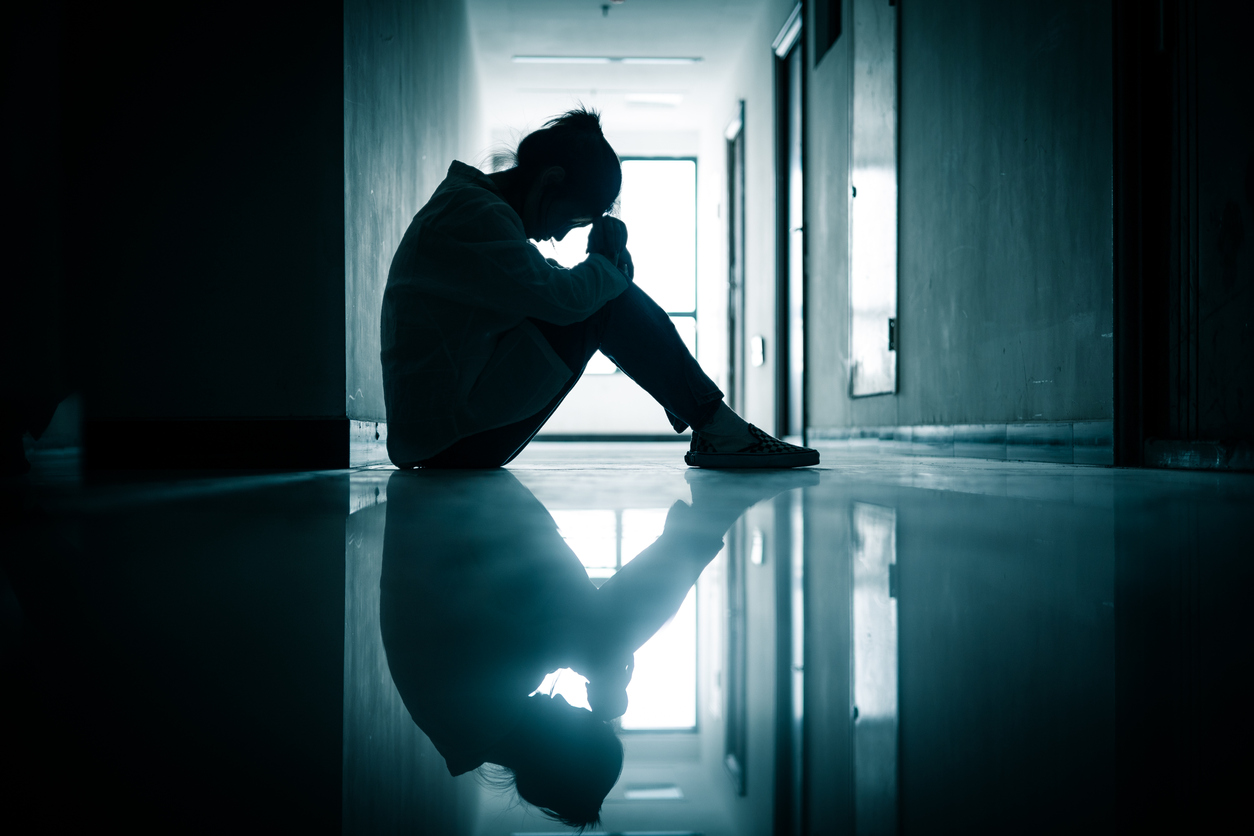Living with Chronic Pain
The Relationship Between Chronic Pain and Loneliness

The relationship between chronic pain and loneliness is powerful. They often go hand-in-hand: chronic pain can contribute to loneliness, and loneliness can worsen chronic pain.
How chronic pain contributes to loneliness
Chronic pain can prevent the participation in social activities or hobbies that were once enjoyed. Family members or friends may not understand the chronic pain condition and may distance themselves as a result. Individuals with chronic pain may find that they need to frequently cancel plans due to unexpected fatigue or high pain levels.
People who live with chronic pain are also at an increased risk of experiencing mental health concerns, such as depression and anxiety. This typically reduces the desire to interact with others or maintain relationships.
How loneliness worsens chronic pain
Loneliness has a substantial influence on an individual’s health and well-being. This is especially true for those with a chronic pain condition. Loneliness can interfere with sleep, which is a necessity when dealing with chronic pain. It also contributes to chronic inflammation, which can exacerbate pain.
Lonely individuals are less likely to participate in healthy habits, such as eating a balanced diet, being physically active, prioritizing sleep, etc. They may attempt to cope by turning to alcohol, cigarettes, or drugs, which causes negative impacts to chronic pain and overall health.
Breaking the chronic pain and loneliness cycle
Since loneliness and chronic pain are closely related, it is important to take steps toward preventing seclusion. Stay connected to others through regular communication and activities that do not cause or worsen pain. Identify and eliminate behaviors that result in isolation. If needed, talk to a therapist or counselor about ways to decrease loneliness and pain.
Additional source: The Washington Post

















